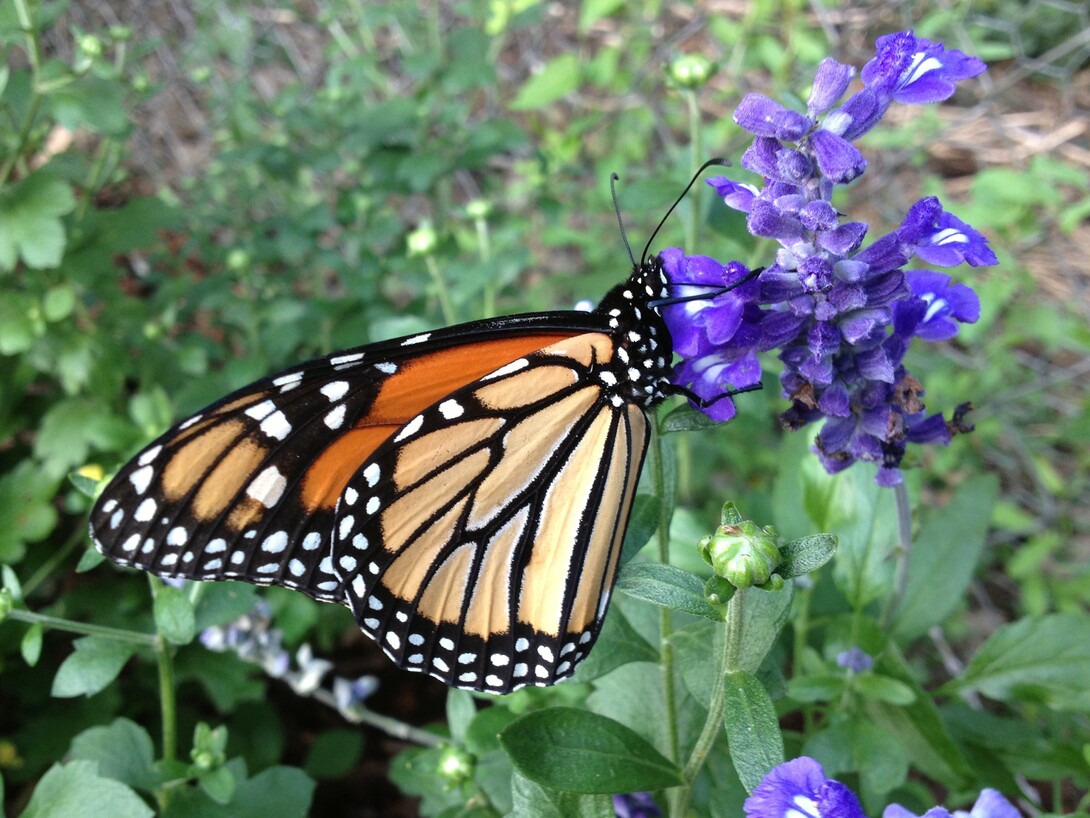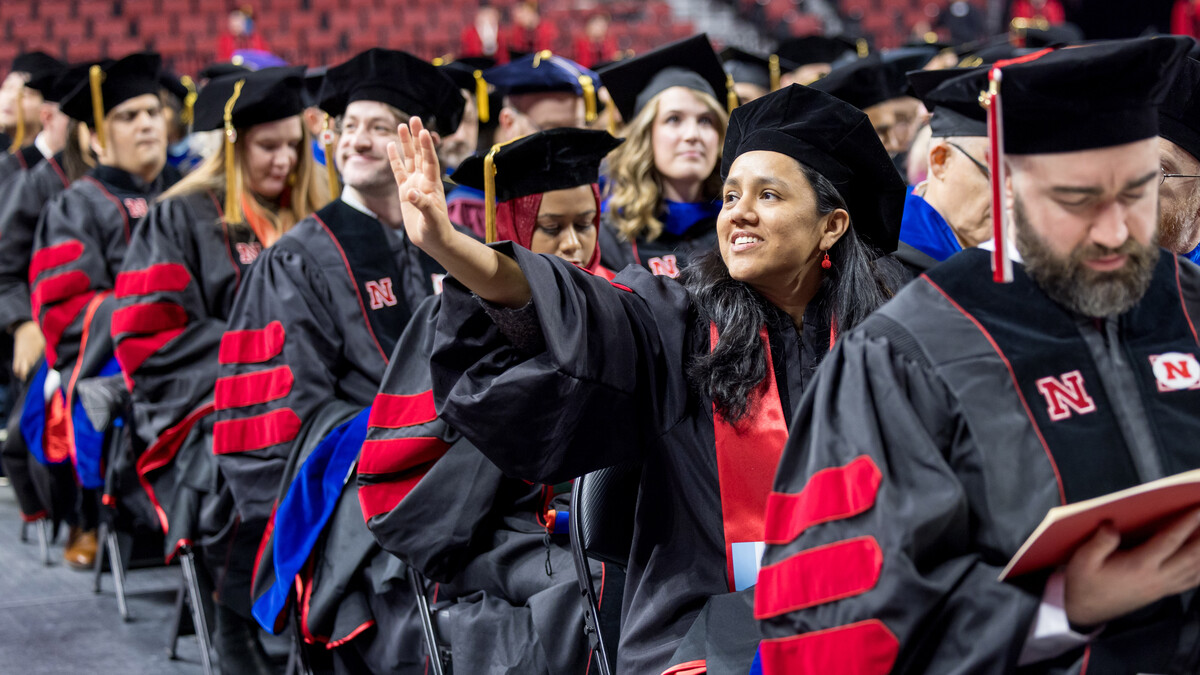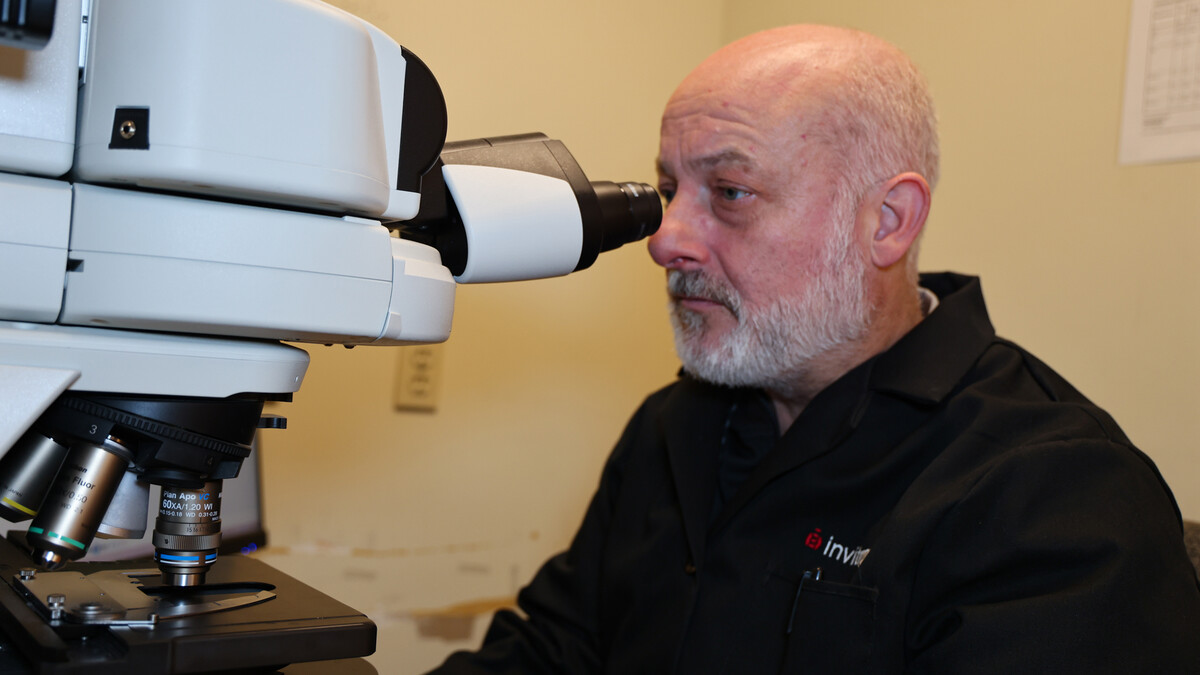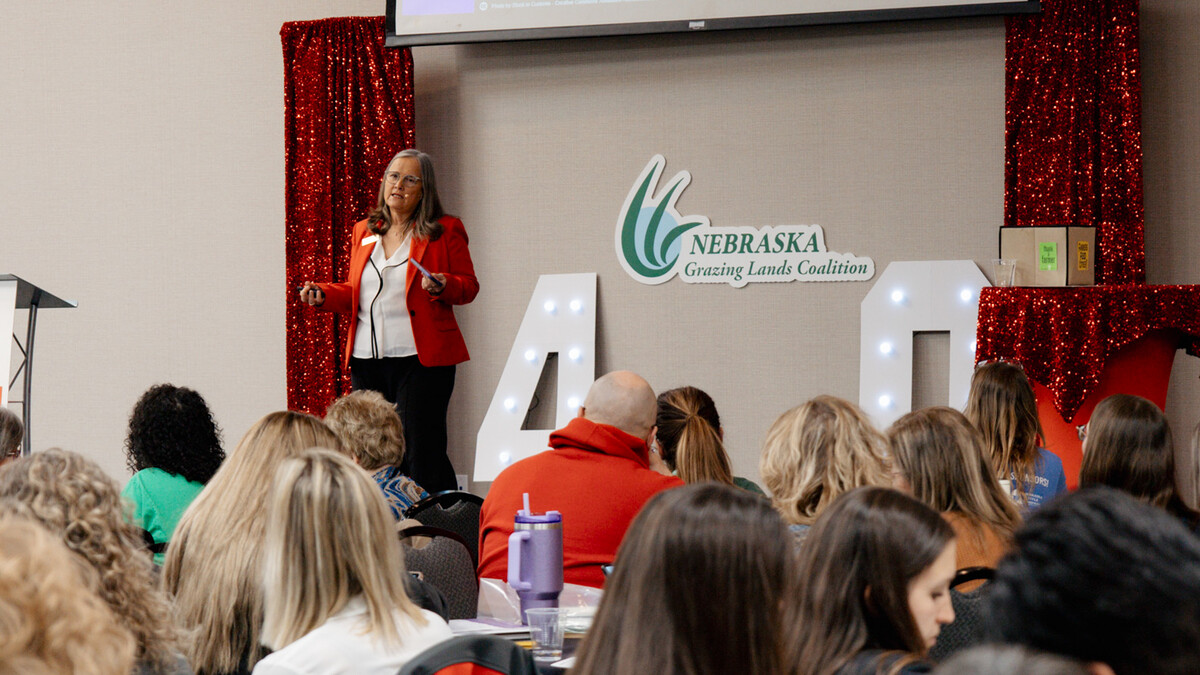
August 28, 2019
Lincoln, Neb. — A new project launched by the University of Nebraska–Lincoln is involving the state’s youth in an effort to save monarch butterflies.
Milkweed in the Classroom is a pilot program engaging 45 schools across Nebraska in growing milkweed plants in the classroom. Third to fifth grade students will plant milkweed seeds in the classroom and as the plants grow, corresponding educational activities will accompany science and biology lesson plans. The curriculum is designed to educate students on the role pollinating insects play in producing the many common foods humans relay on for a healthy diet, and the positive impacts of pollinator on many habitats. Monarch butterflies eat milkweed plants exclusively.
“More important than actually growing the milkweed is the opportunity to foster sound conservation practices in our youth,” said Doug Golick, associate professor in the Department of Entomology. Also involved with the project are Jennifer Keshwani, associate professor in biological systems engineering, Tom Weissling, associate professor in entomology, and Erin Ingram, curriculum development specialist. The team is working with partners at Pheasants and Quail Forever and the Prairie Plains Resource Institute to launch the program.
Recent studies indicate that the Monarch butterfly population is in decline. This is especially true for the Eastern overwintering monarch butterflies, or those that winter in the Sierra Madre Mountains of Mexico. According to the World Wildlife Fund Mexico, the 2018 overwintering population of Eastern monarch butterflies decreased 14.8% from the previous year. In response, the conservation community has been working to establish habitat projects that benefit the monarch butterfly and other pollinating insects.
“Milkweed in the Classroom can help conservation efforts by planting high quality monarch and pollinator habitat in the monarch butterfly eastern population flyway,” Golick said.
Golick and his partners are currently working to identify schools to partner with on the program. In-person and online training will be provided for teachers from participating schools. The training will include information on monarch butterflies and pollinators, how to grow milkweed plants, and how to incorporate curriculum into the program.
Once teachers are trained, planting of the seeds will take place in the Spring of 2020. The plants will grow for three months in the classroom before being transferred to a site on school property dedicated to the establishment of a milkweed garden. Pheasants Forever chapter volunteers and staff will provide local support to classrooms for growing and planting milkweed seeds.
Program leaders anticipate Milkweed in the Classroom will educate approximately 1,100 students about the importance of pollinators, while establishing at least 2,000 milkweed stems throughout the state.
Contact:Doug Golick
Associate Professor
Department of Entomology
402-472-8642
dgolick2@unl.edu







